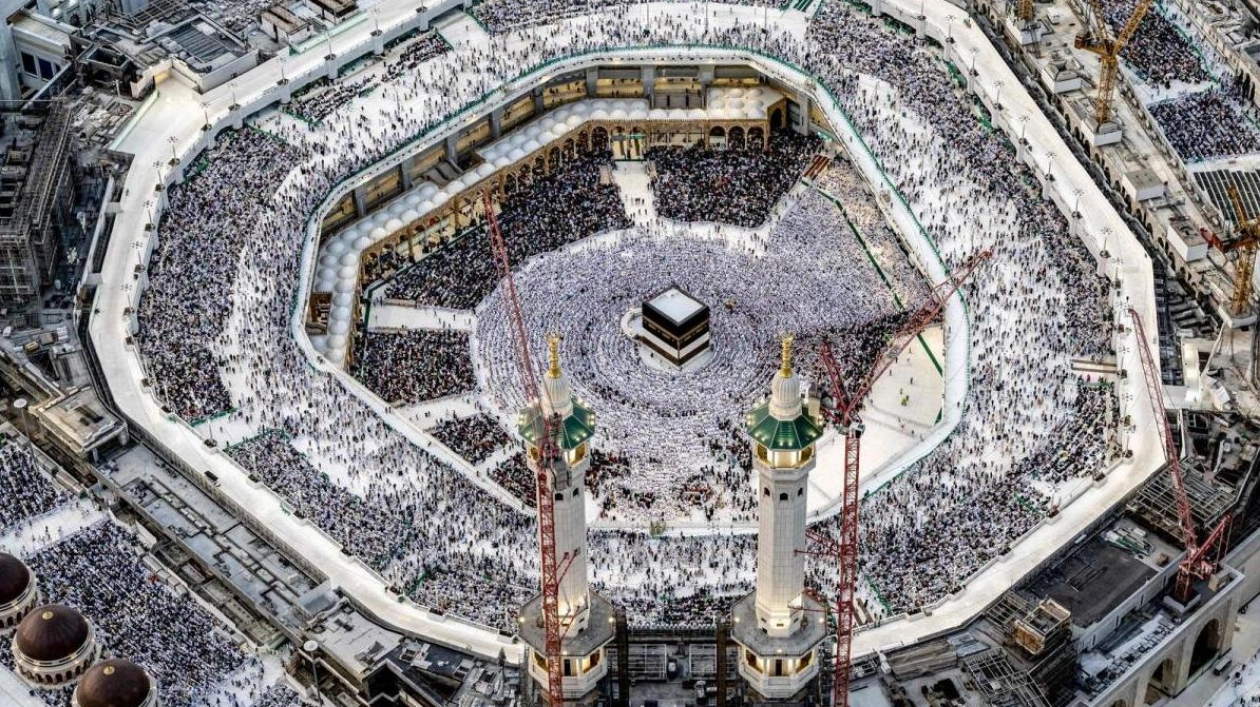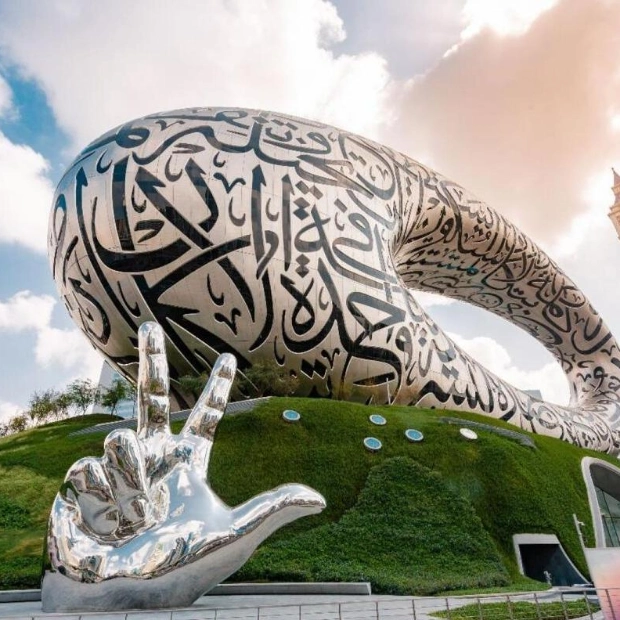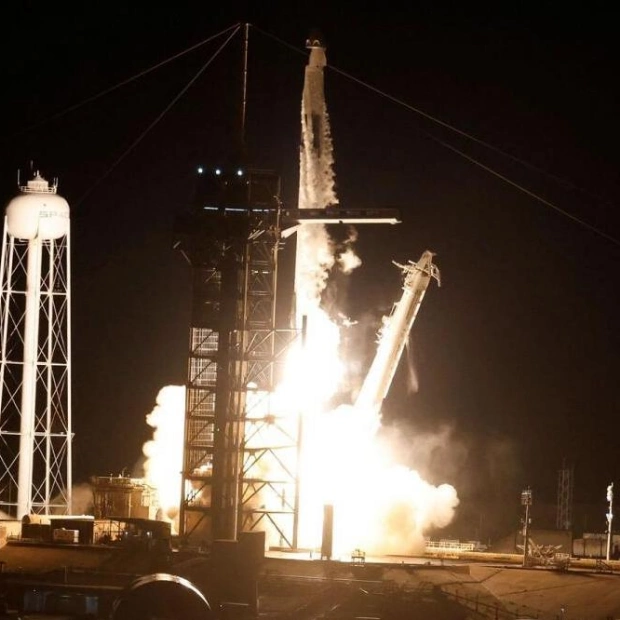Tens of thousands of Muslims have gathered in the sacred city of Makkah in Saudi Arabia for the Hajj pilgrimage, which this year coincides with the ongoing conflict in Gaza. The annual religious event, one of the largest in the world, is set to commence officially on Friday. Saudi authorities are keen to maintain the sanctity of the occasion, focusing solely on religious observances. Tawfiq Al Rabiah, the Saudi minister overseeing the pilgrimage, cautioned last week against any political activities during the Hajj. This religious duty, one of the five pillars of Islam, is mandatory for all financially and physically able Muslims at least once in their lifetime. As of late Monday, approximately 1.5 million pilgrims had arrived in Saudi Arabia, primarily via air travel, as reported by the Saudi Press Agency. Mariam Comate, a 48-year-old from Ivory Coast, expressed her awe to AFP upon reaching the Grand Mosque in Makkah, particularly when she first beheld the sacred Kaaba. Last year, over 1.8 million individuals completed the Hajj rituals, with around 90% of them hailing from outside Saudi Arabia, predominantly from other Arab nations and Asia. The intense military actions by Israel against Hamas in Gaza have incited widespread anger across the Muslim world, making this year's Hajj a significant challenge for Saudi leadership, according to Umer Karim, a specialist in Saudi politics at the University of Birmingham. He noted that while protests or displays are likely among some pilgrims, the Saudis are aware of the delicate situation. Conducting the Hajj successfully is both a matter of prestige and a test of governance for Saudi rulers. In a recent decree, King Salman bin Abdulaziz, the Custodian of the Two Holy Mosques, announced that 1,000 pilgrims from the families of martyrs and wounded from the Gaza Strip would be hosted, bringing the total number of Palestinian pilgrims this year to 2,000. The rituals in Makkah and its environs will again take place during the scorching Saudi summer, with officials predicting average high temperatures of 44 degrees Celsius. Last year, over 2,000 pilgrims experienced heat-related stress. The massive influx of pilgrims to Makkah to perform the circling of the Kaaba is a significant logistical accomplishment, requiring extensive surveillance and monitoring for both security and health purposes, as noted by Bernard Haykel, a Saudi expert at Princeton University. The Umrah, a pilgrimage that can be undertaken year-round, attracted 13.5 million devotees last year, with Saudi authorities aiming to host 30 million Hajj and Umrah pilgrims by 2030.

Text: Lara Palmer
12.06.2024
Millions of Muslims Gather in Makkah for Annual Pilgrimage Under Challenging Circumstances





